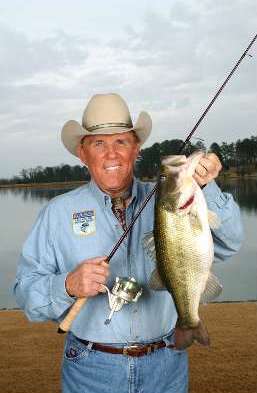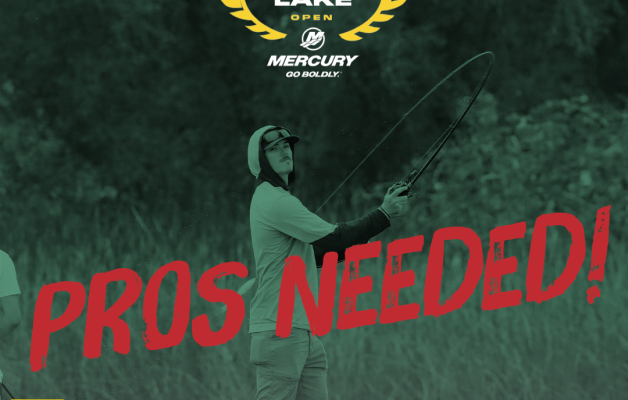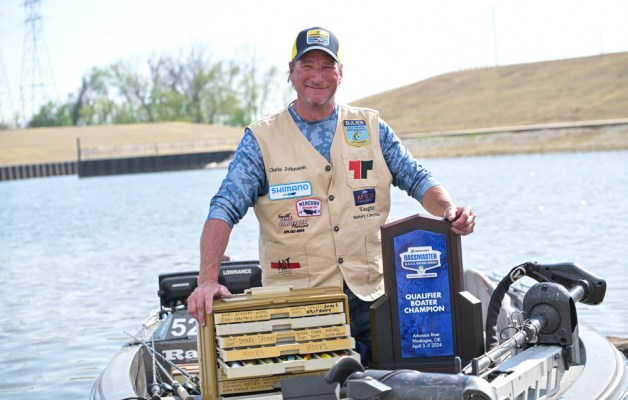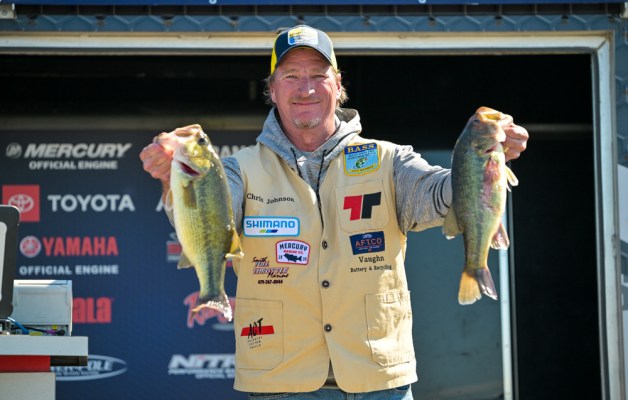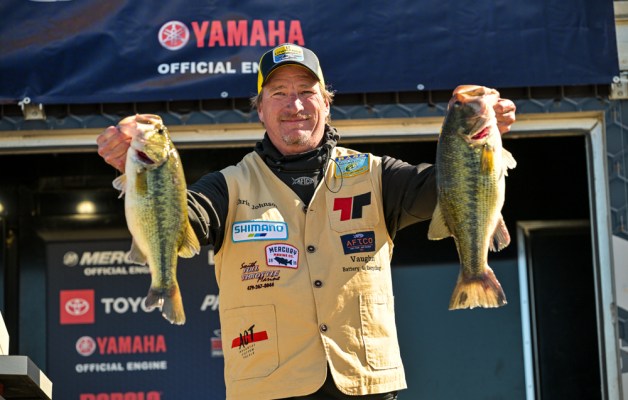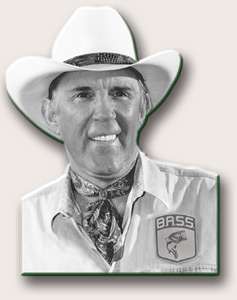
Forty years ago this month, I was in a big pickle. At the time, I didn't have a clue how a fraternity of men belonging to a bass club would solve my problem and ultimately set my crazy ideas on the track to success.
It was May 1967, and I was scrambling to find 100 men to plunk down $100 apiece to compete in my first All-American bass tournament, which I was billing as an "exclusive, invitation-only tournament for elite bass anglers."
The tournament was set for June 5-7 on Arkansas' Beaver Lake, and the recruiting campaign was going painfully slow. Jack Wingate of Lunker Lodge had given me a treasure trove of names, but I needed more. Each weekend I'd fly home from Arkansas to Montgomery, Ala., with a layover at the Memphis airport. With time to burn between flights, I would unload a pocketful of dimes into the pay phone and call marinas and tackle shops all around Memphis inquiring about prospects.
The callers seemed to respond with the same two names: Clyde A. Harbin and Billy Dance. Harbin, as I learned, belonged to the Memphis Bassmen and owned the world's biggest collection of lures. I was told Dance, a 25-year-old furniture salesman, was the area's top angler. Dance and Harbin both signed up for the All-American, and it was the latter bass club man who created the buzz that sent my entry goal over the top.
As a matter of fact, Harbin had the entire membership of the Memphis Bassmen signed up for the tournament. Tennessee was definitely a stronghold, but Oklahoma was not and I wanted to stir things up there. Harbin and Dance poured fire on the flame after the two teamed up and sent a letter to Bob Cobb, then outdoors editor of the Tulsa Tribune. The letter was aimed at the bass anglers of Tulsa.
"All I've heard around Beaver Lake is how that Tulsa bunch keeps the road hot coming over to Beaver and all the bass they catch," wrote Harbin. "We don't think another group can out-fish Memphis, even on their home grounds."
Don Butler, who would launch Okiebug Lure Co. and later win the 1972 Bassmaster Classic, stormed into Cobb's office after the letter was published, questioning the manhood of the Memphis Bassmen. Butler then put a group together for the All-American — a group that would later became the Tulsa Bass Club and one of the first to join the Federation Nation.
So, the Tulsa vs. Memphis bass club rivalry was set. I jumped into the fray, creating a grudge match during the All-American. The total score of the top 10 Tulsa boys would be compared against the same for the Memphis gang. The winners got the privilege of plucking a lure of their choice from the losers' tackleboxes. That was considered a highly coveted prize during a time when bass fishing lures were a real commodity.
Nashville, Tenn., police officer Stan Sloan won the tournament, with a $2,000 cash prize and a trip for two to Acapulco, Mexico. Dance finished second and helped the Memphis Bassmen whip the Tulsa bunch.
What strikes me as ironic today is that Harbin's clever strategy for his Memphis club teammates is still reflected today at the divisional level of Federation Nation events. The concept follows the "teams, not individuals, win tournaments" format popular today at the divisionals.
I vividly recall how Harbin scouted Beaver Lake in April, two months prior to the All-American. He spent time running his boat from the launch to the weigh-in site, calculating running time and marking the maps with exposed structure while the lake was low. By the tournament, Harbin and his team had a game plan already formulated.
The All-American came off without a hitch and its success paved the way for the launch of BASS in 1968 and the Federation Nation that same year.
For me, the experience clearly illustrated the unique passion and the spirit anglers enjoyed as part of a club — a synergy that could be beautifully harnessed for the greater good of both the angler and the sport. That has been proven over and over again since the Federation Nation was established almost 40 years ago.

